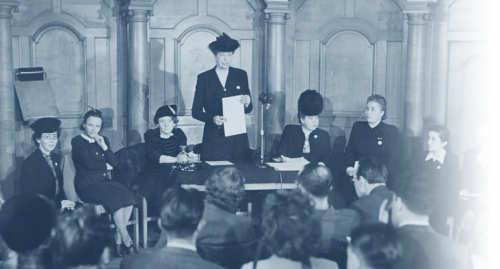Modern liberal-democratic nations are divided over whether the right to freedom of expression should extend to hate speech, which abuses, degrades, or promotes violence or discrimination against others based on traits like race, nationality, religion, sex, sexual orientation, and gender identity. Most liberal democracies outlaw certain forms of public hate speech in order to protect the dignity, equality, and security of the targeted groups. At the same time, the United States rejects this position and holds that public hate speech generally should receive constitutional protection.
This essay argues that bans on public and private hate speech can contradict liberal principles. It focuses on the writings of John Locke, which laid the theoretical foundations of the modern liberal state and addressed the problem of speech that denies the equal status and rights of others. Locke's thought offers a valuable starting point for considering how liberal principles should apply to hate speech.
This essay presents a theory of free expression based on liberal humanism, which argues that free speech is based on respect for human freedom and dignity, but does not entitle one to infringe on the rights of others. It uses this approach to grapple with the problem of hate speech, which may be restricted on the grounds that it violates the most basic right of all: the right to be recognized and treated as a human being and a member of the community. Locke argued that expression that sought to deny freedom and equality to religious minorities should not receive legal protection because it invaded its targets' rights and undermined society's foundations. The essay also responds to two of the leading liberal arguments against hate-speech bans: that they violate individual autonomy and undermine democratic legitimacy.

